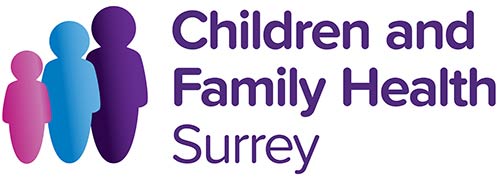Many children go through stages of refusing to eat new or different foods.
This is a normal stage of development and should pass in time. If the problem shows no sign of improving or you are worried about your child’s weight, please contact your health visitor or GP.
If your child often chokes/coughs, gags, vomits or shows distress when eating or drinking, please seek immediate advice from your GP or health visitor.
- Offer regular meals and snacks and keep dinner times calm and relaxed. Never force your child to eat.
- Keep offering new foods and try and eat with your child as a good role model.
- Give praise and attention for positive mealtime behaviours and do not focus on the things that are not going so well.
- Develop lip and cheek motor skills through blowing games (bubbles/candles) and drinking through straws. Try short, wide straws first, then move onto longer, thinner straws and even curly ones (which require most sucking).
- Teach wet/dry and open/closed through games and daily activities. Praise the child for dry times.
- Reduce open mouth posture - use mirrors, mouth puppets to give a visual clue. Provide support and practice of a closed mouth by placing a finger under your child’s lips.
- Use firm gentle pressure round the mouth - patting games, playing walking up the face - to songs and rhymes in a game. Firm circular movements round lips and chin. Pressure in a downward direction on the top lip may stimulate a swallow
Children learn to swallow their saliva as they grow and acquire physical skills.
Head and body control are important in being able to swallow efficiently.
Babies and young children who are acquiring new skills such as walking or running may dribble more.
Teething may also increase dribbling, though this is temporary. The ability of children to control their own saliva will vary according to many factors including positioning, fatigue, mood, concentration, health, motivation and medication taken.
- Be aware that when your child is open mouthed and concentrating on a table top/ floor activity the drooling will be more pronounced due to the force of gravity.
- Ensure your child has frequent drinks to replace the amount of fluid being drooled.
- Encourage good positioning so that your child’s head and trunk are upright, with an elongated back of the neck (make this an enjoyable experience - calm and relaxed, watching videos, listening to songs and stories).
- Help develop increased closure and approximation of lips through use of increasingly small food items which can be sucked. Start with frozen lollipops or juice sticks, go on to foods such as liquorice and then spaghetti.
- Reduce the amount of citrus or sweet foods - these tend to increase saliva production.
- Wipe carefully - only wipe when necessary. Give verbal and tactile cues. Use a small tight wad of absorbent material and wipe with three firm dabs, do not wipe the whole face or mouth, only the affected area. Do not tell your child to swallow.
- Self-wiping: if your child is aware of being wet/dry they may like to be in control of being clean and dry. Wearing a sweat band like a tennis player can be helpful.

